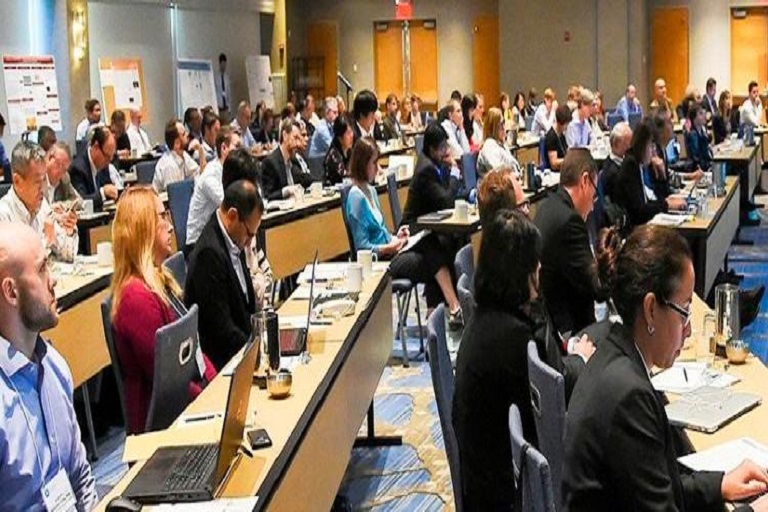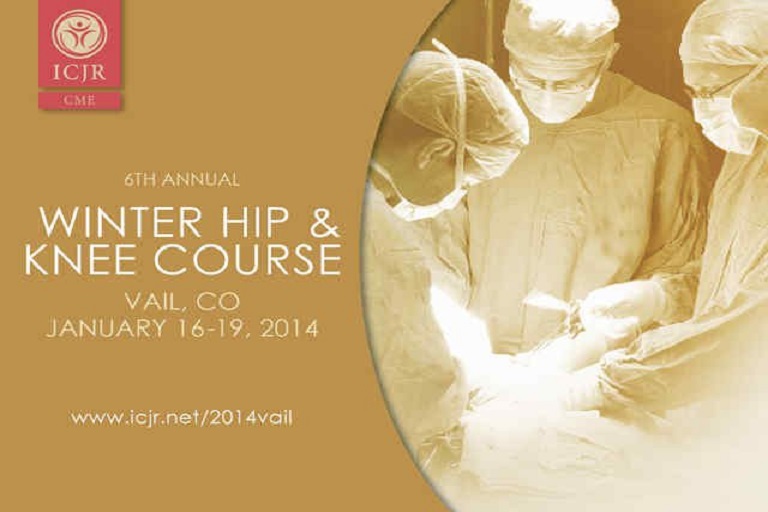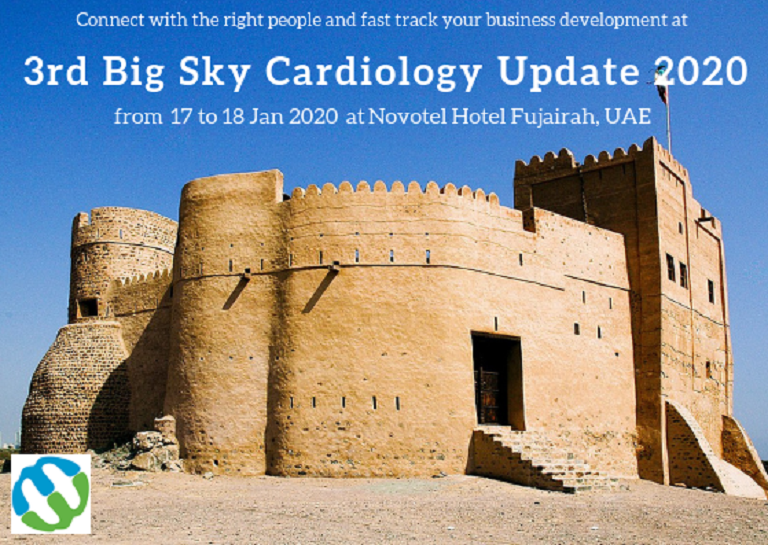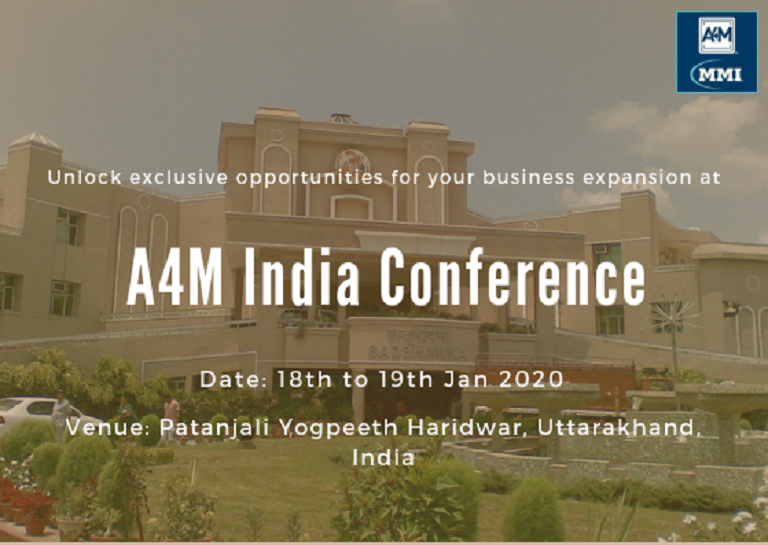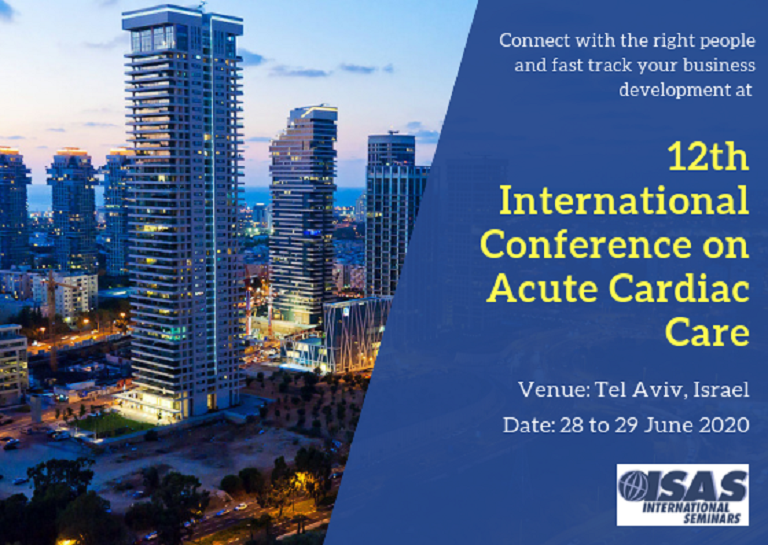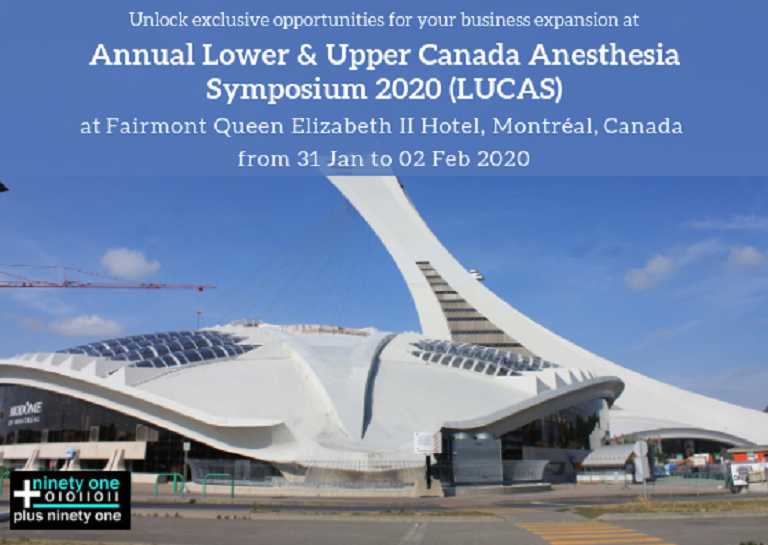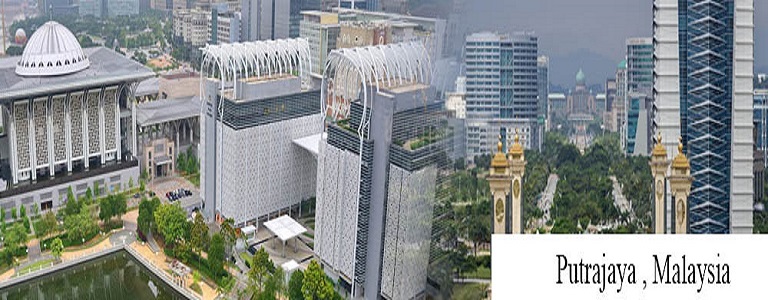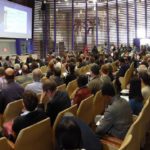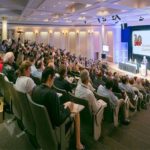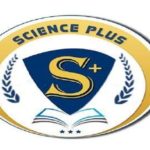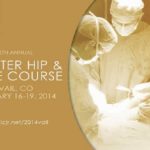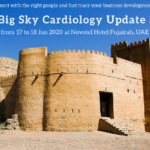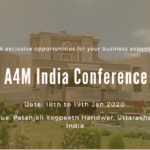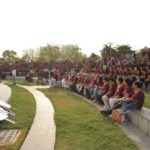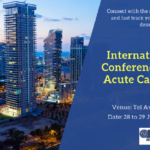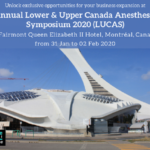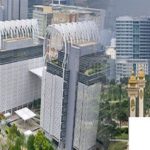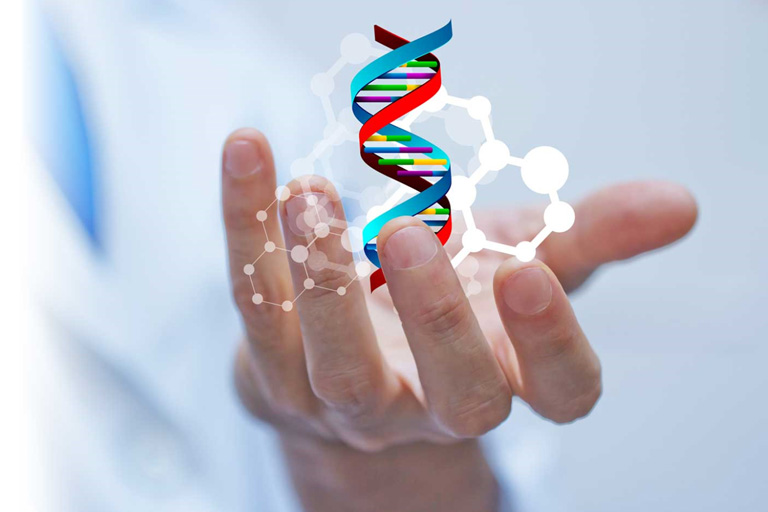Stanford scientists have discovered a molecule that promotes the growth of collateral arteries in mice. The finding could open the door to developing therapies that help heal heart tissues damaged by disease or heart attack in humans.
A collaboration between basic and clinical scientists at Stanford University has revealed a protein that promotes the growth of small arteries leading into oxygen-starved heart tissues in mice.
Kristy Red-Horse, PhD, associate professor of biology, and Joseph Woo, MD, professor of cardiothoracic surgery, think the growth of these new arteries may help heal damage caused by heart disease or heart attack, or even help prevent that damage.
In clinical practice, Woo has observed that patients with blockages in major arteries feeding the heart often have confoundingly different outcomes. “Some patients have a blockage in one coronary artery and die; other patients have multiple blockages in multiple areas but can run marathons,” said Woo, who holds the Norman E. Shumway Professorship.
The difference, Woo said, may be that this second group of patients has collateral arteries, tiny arteries that bypass blockages in hearts’ major arteries and feed areas of the heart starved of oxygen. “They are like the side streets that let you get around a traffic jam on the freeway,” Woo said. Such collateral arteries could help people with atherosclerosis or people recovering from a heart attack, except that collateral arteries are only seen in a minority of patients.
Now Woo, Red-Horse and their colleagues have discovered how these collateral arteries are formed and a signaling molecule that promotes their growth in adult mice, offering hope that collateral arteries may be coaxed to grow in human patients.
Their findings were published Jan. 24 in Cell. Red-Horse, a member of the Stanford Institute for Stem Cell Biology and Regenerative Medicine, and Woo, a member of the Stanford Cardiovascular Institute, share senior authorship of the paper. Postdoctoral scholars Soumyashree Das, PhD, and Andrew Goldstone, MD, PhD, are co-lead authors.
Studying newborn mice
The researchers began by looking at newborn mice. “Neonatal mice have a robust ability to heal injured heart tissue, but they no longer have that ability in adulthood,” Red-Horse said. “Understanding why could identify ways of reigniting regeneration in adults.”
They documented that the young mice’s healing was due in part to the growth of new collateral arteries into the injured area. Through advanced imaging that let them look at the intact newborn hearts at the cellular level, the researchers showed that this happened because arterial endothelial cells exited the artery, migrated along existing capillaries that extended into injured heart tissue and reassembled to form collateral arteries.
Then the researchers investigated how the cells knew to do this. Red-Horse and Woo knew that the molecule CXCL12 is an important signal during embryonic development of arterial cells, and has been shown to improve cardiac recovery and function after heart attacks. The scientists wondered if this molecule had a beneficial effect by promoting collateral artery growth in injured heart tissue. They found that CXCL12 was mostly restricted to arterial endothelial cells in uninjured neonatal mouse hearts. In newborn mice with heart injuries, it shows up in the capillaries of the injured area. The researchers found evidence that low oxygen levels in the injured area turned on genes that create CXCL12, signaling the areas to which arterial endothelial cells should migrate.
Testing CXCL12 in adult mice
Next they investigated whether CXCL12 could help adult heart tissue grow collateral arteries. “Our studies showed that adult hearts do not form collateral arteries in the way newborns do after injury,” Red-Horse said. After inducing heart attacks in adult mice, they injected CXCL12 into the injured areas. Sure enough, 15 days after the injuries, there were numerous new collateral arteries formed by the detaching and migrating artery cells. Almost none were present in control mice.
Red-Horse and Woo think the complete story is not this simple. “We speculate that there is a whole suite of proteins that support cell migration out of arteries and promotes cell proliferation among the injured cells,” Red-Horse said. Nonetheless, they hope that this discovery can become the basis for a new therapy.
“The question now is whether this mechanism we have discovered can be manipulated therapeutically to generate collateral arteries in human patients,” Woo said.
Other Stanford co-authors of the study are associate professor of medicine Vinicio de Jesus Perez, MD; postdoctoral scholars Hanjay Wang, MD, Michael Paulsen, MD, Gaetano Amato, PhD, and Siyeon Rhee, PhD; graduate student Ragini Phansalkar; and research assistants Justin Farry, Anahita Eskandari, Elya Shamskhou and Camille Hironaka.
Researchers at Ball State University and Columbia University also contributed to the work.
The research was supported by the National Institutes of Health (grants RO1HL128503, 1R01HL089315, R01MH112849 and R01NS107344), the New York Stem Cell Foundation, the American Heart Association and the Leducq Foundation.
Stanford’s departments of Cardiothoracic Surgery and of Biology also supported the work.



















